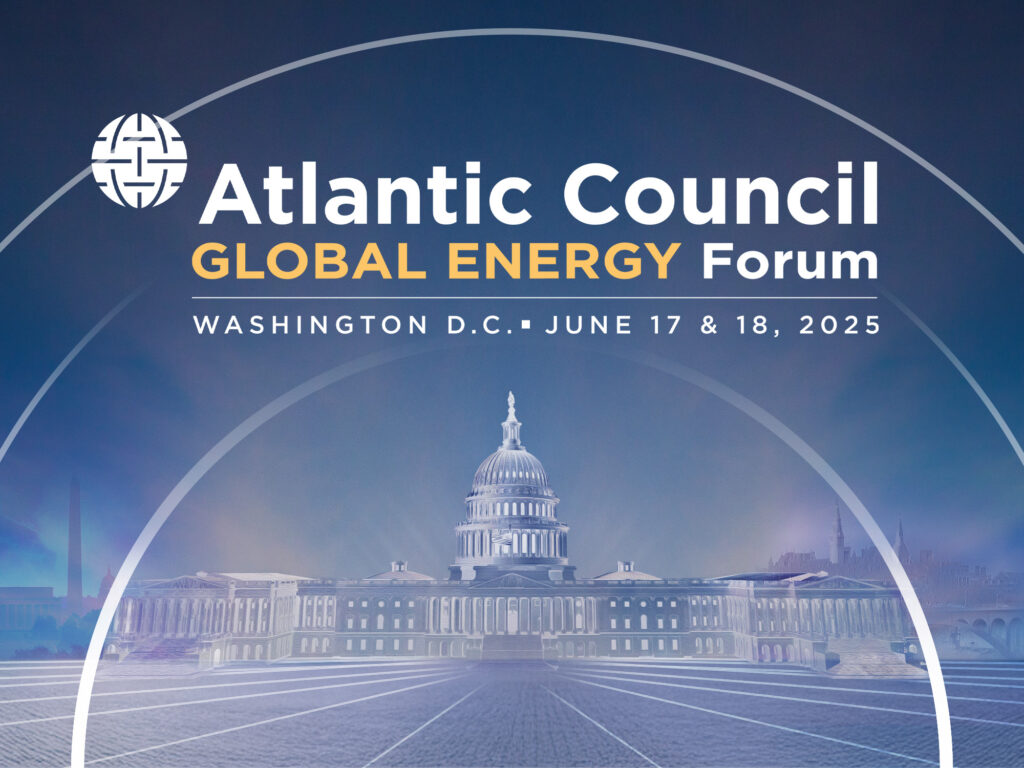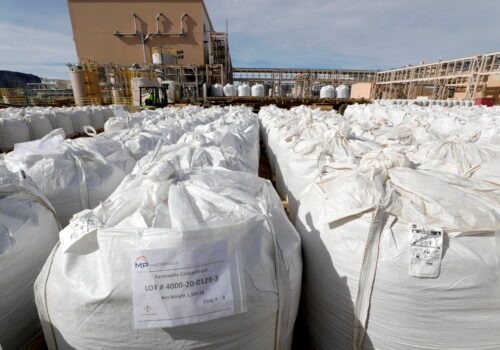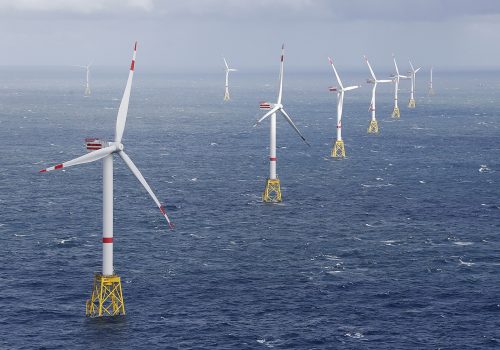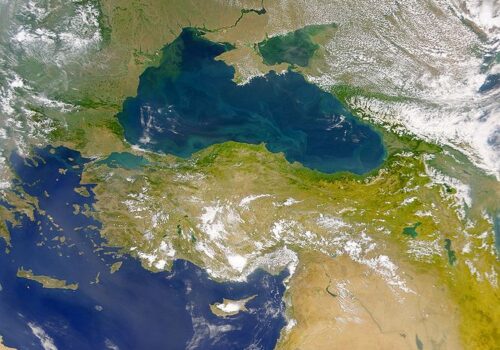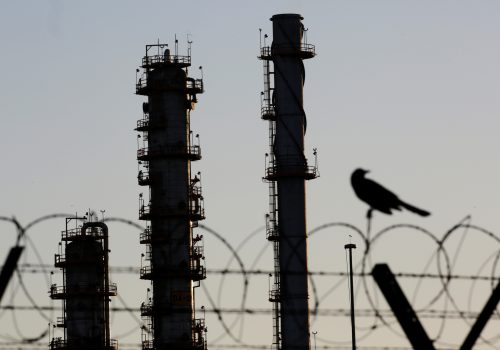Upcoming events
Past events
Programs

The Global Energy Center develops and promotes pragmatic and nonpartisan policy solutions designed to advance global energy security, enhance economic opportunity, and accelerate pathways to net-zero emissions.

The Climate Resilience Center will reach one billion people with resilience solutions to climate change, migration, and security challenges. We will focus our efforts on individuals, communities, and a broad spectrum of governments and institutions to help them, and their constituencies and stakeholders, better prepare for, navigate, and recover from shocks and stresses. We will help build a more resilient world.
The latest pieces from EnergySource
Content
Experts
European Leadership Accelerator Participant
